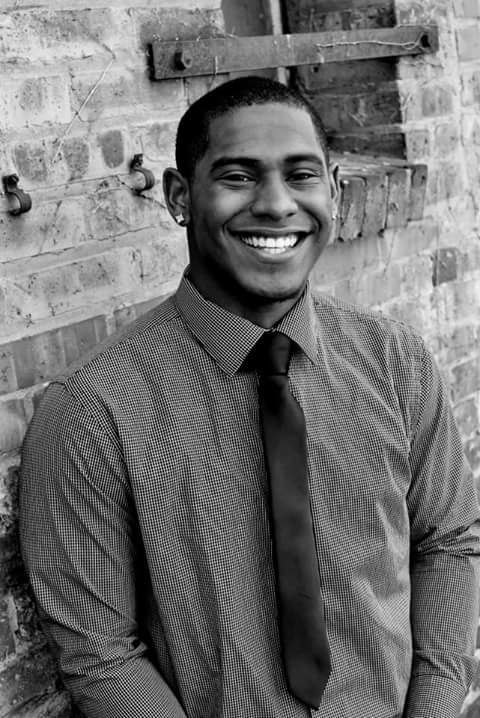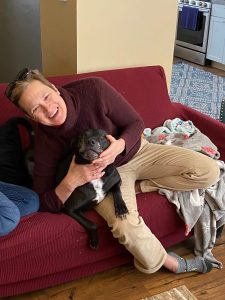Unintentional racism is still racism
Keeping it real
November 2, 2017
The average person has over 30 conversations in a day. Many of which last five minutes, some are longer and others, well, not so much time.
For people of color (POC), there will not be a single day they do not encounter a racist conversation. A person can say it is unintentional or even express other excuses like “I don’t see color” to derail the prospect of them being racist.
Some readers may find this fact to be opinion and false, but I ask you, do you really know that you have not been one of those people? Let’s be frank; POC don’t always say something. We usually smile as if it did not happen, monologue it and then tell other POC what happened.
People of any colored race actually have a lengthy, unfinished list of unintentionally racist things that are said to us but are overlooked by the speaker.
One of Netflix’s most racially controversial series on racism and satire, “Dear White People,” addresses what is racially correct and what is flat-out racist.
The first sequence of racism I chose to address is the comparison of POC to celebrity POC. For instance, I have been told “Oh my God! It’s Cam Newton! It’s Tyler the Creator! You’re just black…aren’t you?”
You see, the issue here is that we don’t want to be compared to the likeness or view of other POC. We are each our own person, and frankly, no one goes around telling white people “Oh my God! You look like Matt Damon! You look like Tori Spelling!”
Sam, the biracial host of the “Dear White People” radio show in the Netflix series says it plainly.
“Dear white people, here’s a little tip. When you ask someone who looks ethnically different ‘What are you?’ the answer is usually a person about to slap the (expletive) out of you,” Sam says. This also applies when attributing our physical traits to animals.
My second choice is the use of the N-word and its double standard. Personally, the subjugated use of the word made its way out of my vocabulary years ago. It is a derogatory and hateful word derived from the Portuguese word “Negro” that was used to slight Africans and those dark enough to pass as “black.”
In an episode of “Dear White People,” Reggie, who is black, ends up with a group of white students after a frat party. Sitting together, a white student named Addison drops the N-word while rapping the lyrics to a song. Reggie is immediately offended by the use of the word coming from Addison, a white male. Now, Addison is not intending it in a racist manner, but from his mouth as a young white man, it is like nails on a chalkboard for Reggie. And for me, anyone saying the N-word is terrible. Reggie speaks up against it and Addison insists “It’s not like I’m racist.”
And just like that, Addison has deflected the real issue. Like many cases addressing the discomfort of the unintentional racism, the other person makes it about themselves, passively stating they can use it because it is not in racist intent. A word that is so demeaning and offensive is now out of focus, undermining how it makes POC feel. Now, its a threat.
Who cares if rappers say it? I am not a rapper; neither are Reggie, Addison or you. As a human being acknowledging systemic racism and its history, you should not want to use or think of the N-word. It’s exhausting enough trying to explain that the N-word isn’t a cultural thing only black people can use, or that you or anyone else can’t say it because you have a friend or a family member you know who doesn’t mind.
Finally, my last choice to address stems from another quote by Sam: “Dear white people, our skin color is not a weapon. You don’t have to be afraid of it.”
Frankly, if you see me on campus, then you shouldn’t be afraid of me. I work on campus head the IV Leader website and have published work here. But say you’re walking alone in the hallway and a group of the basketball players walk past you. They are loud, having a good time, their pants are low and their skin is dark. You are feeling uneasy that something may happen as opposed to how you would feel if a group of white students passed you. This is still racism.
So, do you know what you are saying when you say things like the n-word, make racial comparisons, or think our skin color is a threat? Wanda Sykes says it best in her “That’s So Gay” PSA commercial: “Knock it off” and educate yourself.
If you want to reach out to me, my email is [email protected].



